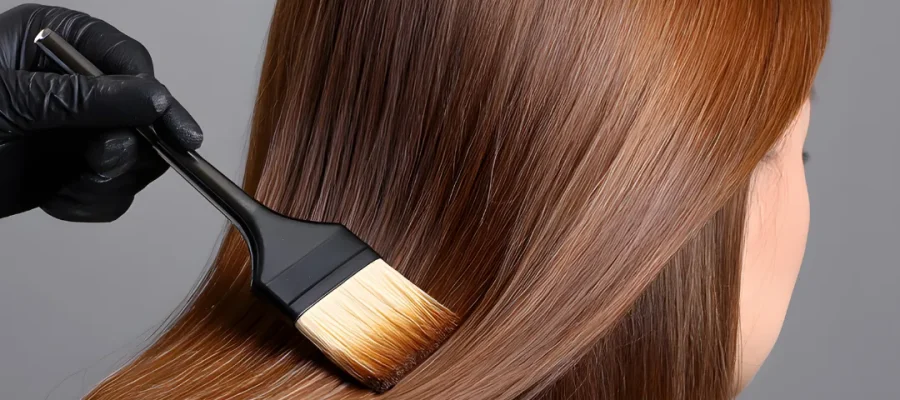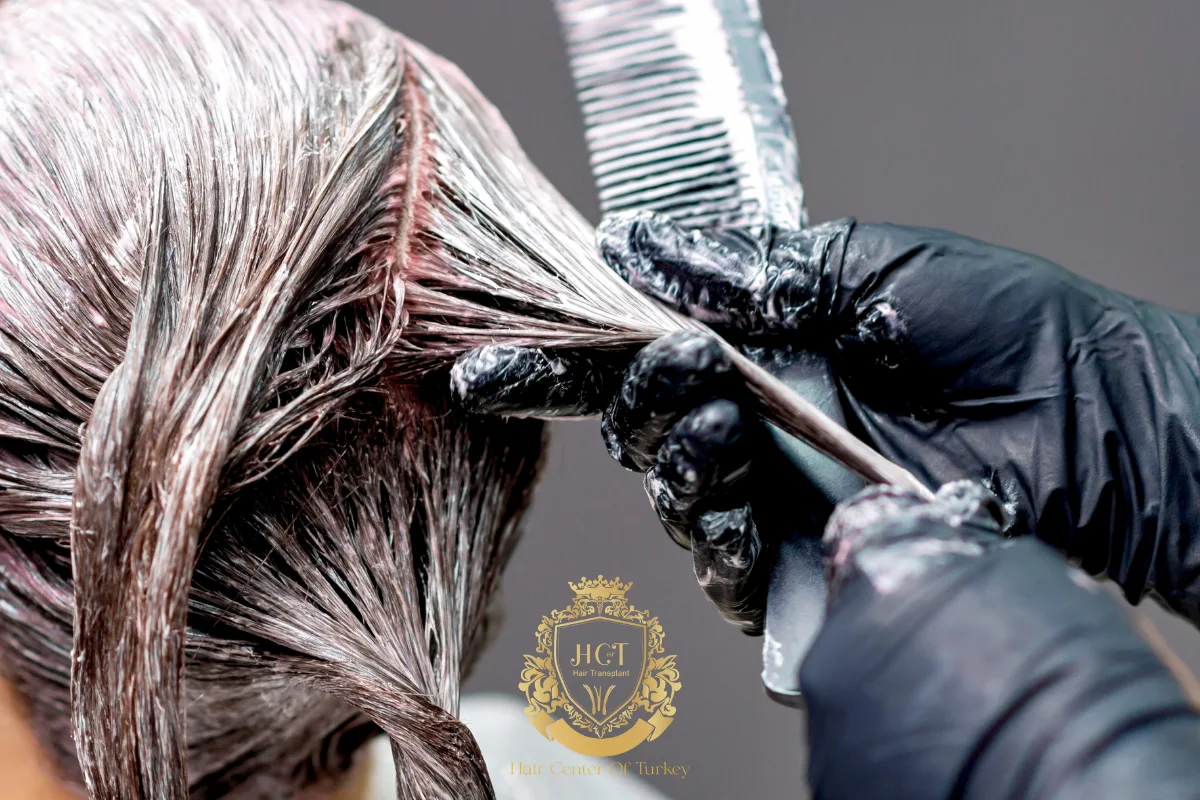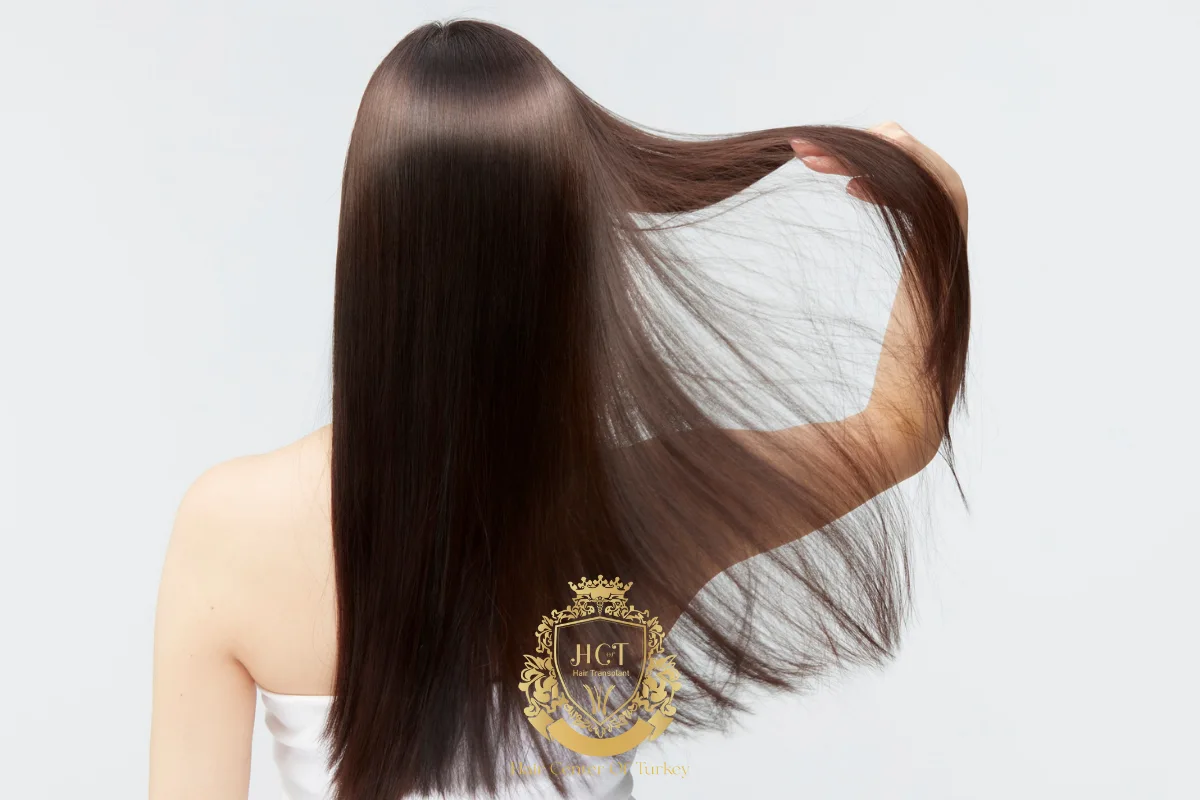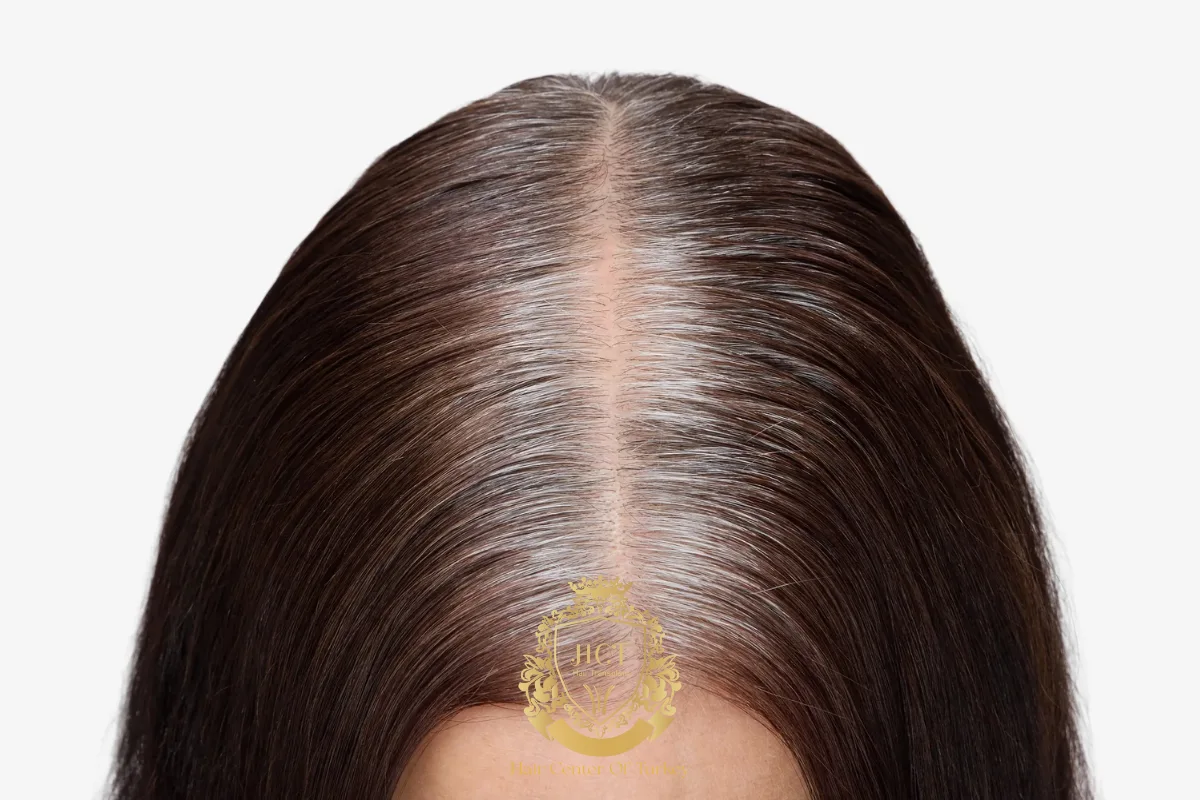
Are Organic Hair Dyes Healthy?
Organic hair dyes can be a healthier option for some people because they often avoid common irritants like ammonia and PPD. Still, “organic” on a label doesn’t guarantee a chemical-free formula or a risk-free experience. The healthiest choice is a product with credible certification, a transparent ingredient list, and a patch test before use.
More people are trying to cut back on harsh ingredients in their beauty routine, and hair dye is often high on the list. “Organic hair dye” sounds like the safest option, but the reality is more nuanced. Some products are genuinely plant-forward and thoughtfully formulated, while others use “organic” as a marketing hook.

Table of Contents
What “Organic Hair Dye” Actually Means
Organic hair dye usually refers to color products made with more natural, plant-based ingredients and fewer aggressive chemicals than conventional dyes. Many brands highlight that they avoid ammonia, parabens, sulfates, resorcinol, or PPD (p-phenylenediamine).
Here’s the catch: the word “organic” can be used loosely in beauty. A product may include a few organic extracts without being fully organic in the way food is regulated. If you want the strictest definition, look for independent certifications (more on that below).
What’s Inside Organic and “natural” Hair Dyes
Organic-leaning dyes tend to rely on a mix of plant oils, botanical extracts, and natural pigments. You’ll often see ingredients like:
- Plant oils (argan, coconut, olive, jojoba, avocado) to support softness and moisture
- Plant pigments (henna, indigo, chamomile, coffee extract, sage) for more natural-looking tones
- Botanical extracts (aloe vera, green tea, lavender, rosemary) to help comfort the scalp
- Proteins (keratin, wheat protein) to support elasticity and reduce the “rough” feel after coloring
Even when a dye is plant-forward, it may still include functional ingredients that help the color process work. The ingredient list tells the truth more reliably than the front label.

Are Organic Hair Dyes Really Healthier?
The most honest answer is: sometimes. Certified, well-formulated organic or natural dyes can be gentler for people who react to strong fragrance, ammonia-like fumes, or certain dye molecules. They may also leave hair feeling softer because formulas often include conditioning oils and extracts.
They are not automatically “safe,” though. Plant ingredients can still trigger irritation or allergies, and some “organic” products still contain chemical dye components in smaller amounts. That’s why a patch test matters, even if the product sounds clean.
Who may benefit most
- People with a sensitive scalp who struggle with strong, traditional dyes
- Anyone trying to reduce exposure to specific ingredients (like PPD)
- Users who prefer softer, more natural-looking color results
Who should be extra careful
- Anyone with a history of allergic reactions to hair dye
- People with eczema, dermatitis, or an already irritated scalp
- Those expecting “zero chemicals” from a permanent color product
Even brands that emphasize low-chemical formulas still warn that allergic reactions can happen and recommend patch testing.

Benefits of Truly Organic Hair Dye
Gentler scalp experience
Many people report less itching, burning, and redness compared with stronger conventional formulas. That’s one reason organic-leaning dyes are popular with sensitive users.
Hair feels healthier
Plant oils and proteins can help hair feel smoother and reduce the dry texture some people associate with coloring.
Natural-looking tones
Botanical pigments often create softer, more dimensional shades rather than an overly uniform finish.
More eco-minded positioning
Many organic brands focus on cleaner sourcing and packaging. If sustainability is part of your buying decision, certifications and transparent labeling help you choose more confidently.
Downsides to know before switching
Organic and plant-based dyes can still have trade-offs:
Color may fade sooner
Natural pigments usually don’t last as long as conventional permanent dye systems, so you might need more frequent touch-ups.
Gray coverage can be weaker
Some plant-based options struggle with full gray coverage, especially if you want a darker shade or strong color change.
Limited shade range
If you want icy blondes, fashion colors, or dramatic lifts, organic-leaning dyes may not deliver the same range.
Application can take longer
Certain botanical pigments need more time to develop, and results can vary based on your base color and porosity.
How to tell if an “organic” hair dye is genuinely organic
Certification is your best shortcut. Look for respected third-party verification and clear claims about what’s excluded.
What to check on the box
- A recognized certification logo (not just “natural” wording)
- A full ingredient list you can understand and verify
- Clear allergen statements (especially around PPD and similar dye chemicals)
- Patch-test instructions and safety warnings
Examples of brands commonly marketed as certified or low-irritant
These examples should still be verified in your region (certifications and formulas can differ by market):
- Radico Colour Me Organic: brand FAQs and retailers state certification through ECOCERT and USDA for the “Colour Me Organic” line.
- NATURIGIN: product listings highlight ECOCERT-certified organic extracts and oils; the brand also advises patch testing and acknowledges that allergies can still occur.
- BioKap: regional distributor and retailers promote certain ranges as PPD-free and vegan verified, and some listings specify “free from PPD” and other common irritants.
If a brand doesn’t show clear certification or full ingredients, treat “organic” as a style of marketing, not a guarantee.
Safety checklist before you dye
- Always do a patch test 24–48 hours before coloring, even with “natural” dyes.
- Don’t dye over a scalp that’s sunburned, scratched, or inflamed.
- If you’ve reacted to hair dye before, talk to a dermatologist and avoid experimenting at home.
- Ventilate your space and follow timing instructions exactly.
Frequently Asked Questions
What is the healthiest hair dye to use?
Demi-permanent, ammonia-free, low-PPD dyes are gentler on hair.
What’s the healthiest way to dye your hair?
Use professional color, patch-test, avoid bleach, and wait 6–8 weeks between dyes.
Which hair dye is 100% natural?
Pure henna powder is 100% natural; most “natural” dyes contain additives.
What to eat to stop hair from going grey?
Nothing you eat stops greying; fix B12, iron, and copper deficiencies.
Is organic hair dye better than normal hair dye?
No; “organic” doesn’t mean safer, and plant dyes can still cause reactions.




